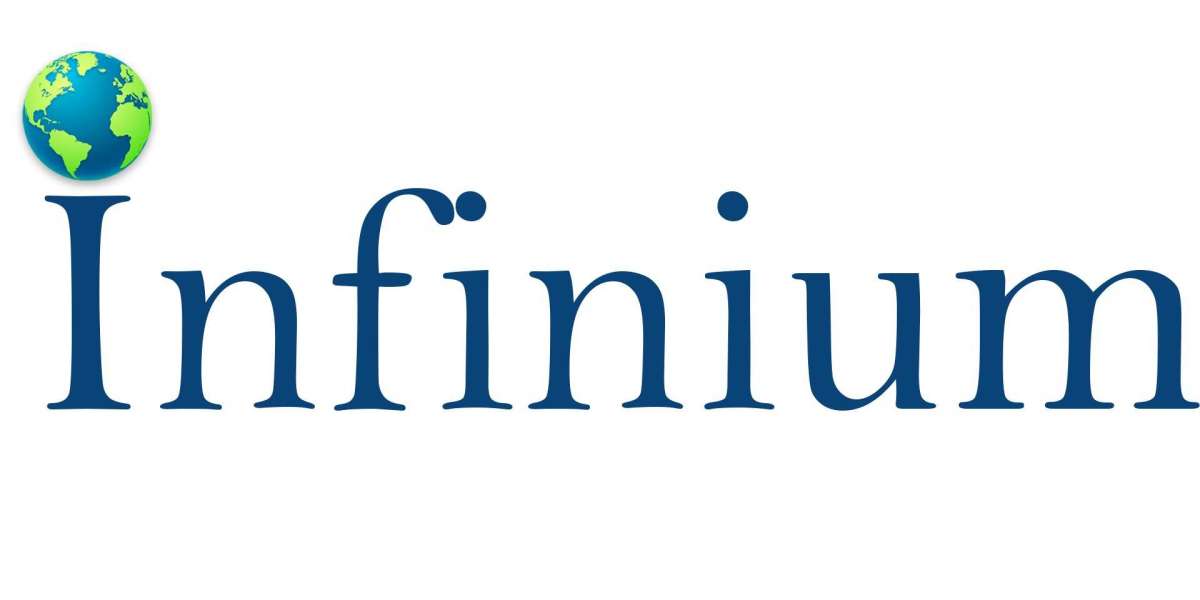Market Dynamics
Drivers
Increasing Security Threats: Heightened concerns over terrorism and illegal smuggling activities drive the demand for advanced security equipment. Governments and regulatory bodies require stringent security measures to protect air cargo and prevent potential threats.
Regulatory Requirements: Stricter regulations and international standards for air cargo security compel airports and cargo operators to invest in advanced security technologies. Compliance with regulations, such as those set by the International Civil Aviation Organization (ICAO), is essential for operations.
Technological Advancements: Innovations in screening and detection technologies, such as X-ray machines, explosive trace detectors, and biometric systems, enhance security measures. Technological advancements contribute to the efficiency and effectiveness of air cargo security equipment.
Challenges
High Costs: The high cost of advanced security equipment can be a barrier for some airports and cargo operators. Investment in cutting-edge technology and maintenance can strain budgets, particularly for smaller operators.
Complex Integration: Integrating new security equipment with existing systems and infrastructure can be complex and time-consuming. Ensuring compatibility and seamless operation across different security systems is a significant challenge.
Evolving Threats: The constantly evolving nature of security threats requires continuous updates and upgrades to security equipment. Keeping pace with new methods and technologies used by potential threats poses an ongoing challenge.
Opportunities
Emerging Markets: Rapid growth in air cargo volumes in emerging markets, particularly in Asia-Pacific and Latin America, presents opportunities for market expansion. Increasing investments in airport infrastructure and security enhancements drive demand in these regions.
Smart Technologies: The integration of smart technologies, such as artificial intelligence (AI) and machine learning, offers opportunities for improving security measures. AI-driven systems can enhance threat detection and reduce false positives.
Government Initiatives: Government initiatives and funding programs aimed at enhancing air cargo security create opportunities for equipment manufacturers. Public-private partnerships and grants for security upgrades can drive market growth.
Sample Pages of Report: https://www.infiniumglobalresearch.com/reports/sample-request/1676
Regional Analysis
North America: The North American market is well-established, with significant investments in advanced air cargo security technologies. The U.S. and Canada are key markets, driven by stringent security regulations and high air cargo volumes.
Europe: Europe has a mature market for air cargo security equipment, supported by strong regulatory frameworks and a focus on technological innovation. Major European airports are investing in state-of-the-art security systems to meet regulatory requirements.
Asia-Pacific: The Asia-Pacific region is experiencing rapid growth in air cargo security equipment demand due to expanding air cargo volumes and infrastructure development. Countries like China and India are major markets, with increasing investments in security technologies.
Latin America: Latin America is an emerging market with growing demand for air cargo security equipment. Increasing investments in airport infrastructure and security enhancements drive market growth in countries such as Brazil and Mexico.
Middle East Africa: The Middle East and Africa are expanding markets for air cargo security equipment, driven by infrastructure development and increasing air cargo traffic. Investments in security measures are rising to meet regulatory standards and address security concerns.
Market Segmentation
By Type:
Screening Equipment (X-ray, CT Scanners)
Detection Systems (Explosive Trace Detectors, Chemical Detectors)
Access Control Systems (Biometrics, ID Verification)
Surveillance Systems (CCTV, Video Analytics)
By Application:
Airports
Cargo Facilities
Military Defense
Other Transportation Hubs
By Region:
North America
Europe
Asia-Pacific
Latin America
Middle East Africa
Competitive Landscape
Market Share of Large Players: Major players such as Smiths Detection, Rapiscan Systems, and Leidos hold significant market shares due to their established technology, global presence, and comprehensive product portfolios.
Price Control: Large players have the ability to influence pricing through economies of scale and extensive research and development. However, competition from smaller and specialized companies impacts pricing strategies.
Competition from Small and Mid-Size Companies: Smaller and mid-size companies challenge larger players by offering innovative or niche security solutions. These companies often focus on specific technology advancements or regional needs.
Key Players:
Smiths Detection
Rapiscan Systems
Leidos
ASE (American Science and Engineering)
Morpho Detection (part of Safran)
Report Overview: https://www.infiniumglobalresearch.com/reports/global-air-cargo-security-equipment-market
Future Outlook
New Product Development: Innovation in security technologies, such as the development of advanced screening systems and AI-driven solutions, will help companies stay competitive. New product development is crucial for addressing evolving security threats and meeting regulatory standards.
Sustainability: The growing emphasis on sustainability is influencing the development of eco-friendly security equipment. Products designed with reduced environmental impact and energy efficiency are gaining attention, aligning with global sustainability goals.
Conclusion
The air cargo security equipment market is driven by increasing security threats, regulatory requirements, and technological advancements. While challenges such as high costs and evolving threats exist, opportunities in emerging markets and smart technologies offer significant growth potential. Companies focusing on innovation and sustainability will be well-positioned to succeed in this dynamic and critical market.



